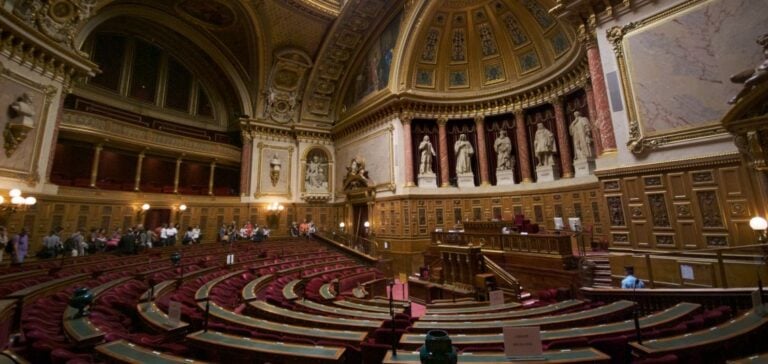The French Senate decided to oppose one of the central measures of the 2025 budget bill, undermining the fiscal ambitions of the government led by Michel Barnier. The rejected provision aimed to raise electricity taxation to levels higher than those before the energy crisis.
This decision, passed with strong support from senators across political lines, reflects a determination to avoid additional financial burdens on households. To compensate for the estimated loss of over three billion euros, the Senate proposed an increase in natural gas taxation, expected to generate around 1.2 billion euros.
A broad-based opposition
Criticism of the increase in electricity taxation has grown among senators. Thierry Cozic, representing the Socialist group, denounced the measure as “socially unfair,” arguing it would exacerbate inequalities.
Jean-François Husson, general rapporteur for the Republicans, also called for the measure to be scrapped, emphasizing the need to favor low-carbon energy sources such as electricity. According to him, increasing natural gas taxes would be less damaging: for a 100 m² home, a gas-heated household would see their bill rise by 60 euros annually, compared to an estimated loss of 200 to 300 euros for those relying on electric heating under the initial government proposal.
The government banks on lowering bills
Despite the criticism, the executive remains committed to its proposal. Budget Minister Laurent Saint-Martin defended the measure, highlighting that falling wholesale electricity prices would offset its impact on consumers.
“We prefer an increase in the TICFE (Taxe Intérieure sur la Consommation Finale d’Électricité, or Domestic Tax on Final Electricity Consumption) combined with a reduction in bills for 80% of French citizens, rather than raising natural gas taxes, which would directly burden households,” the minister stated.
The government had promised a 9% reduction in electricity bills by February 1, 2025, a pledge made possible by recent trends in energy markets.
A tense political climate
The Senate’s rejection comes amidst a politically charged atmosphere, highlighted by a coalition of opposition parties that had already expressed their stance in the National Assembly. This coalition, spanning both right- and left-wing parties, blocked the entire article of the budget bill concerning electricity taxation.
The National Rally party, among others, has made this issue a “red line” for considering a vote of no confidence against the government. This tense climate underscores the challenges Michel Barnier faces in securing support for his budget reforms amid growing political pressure.






















